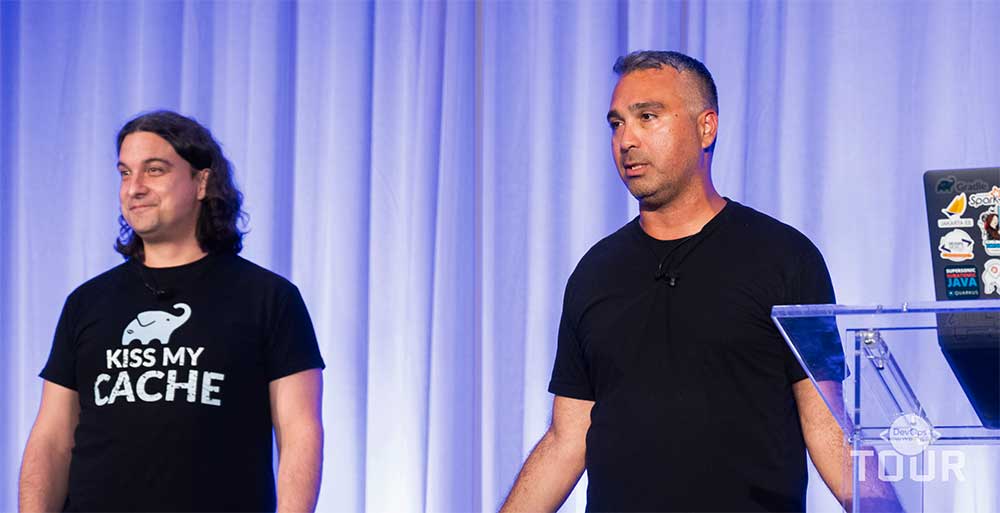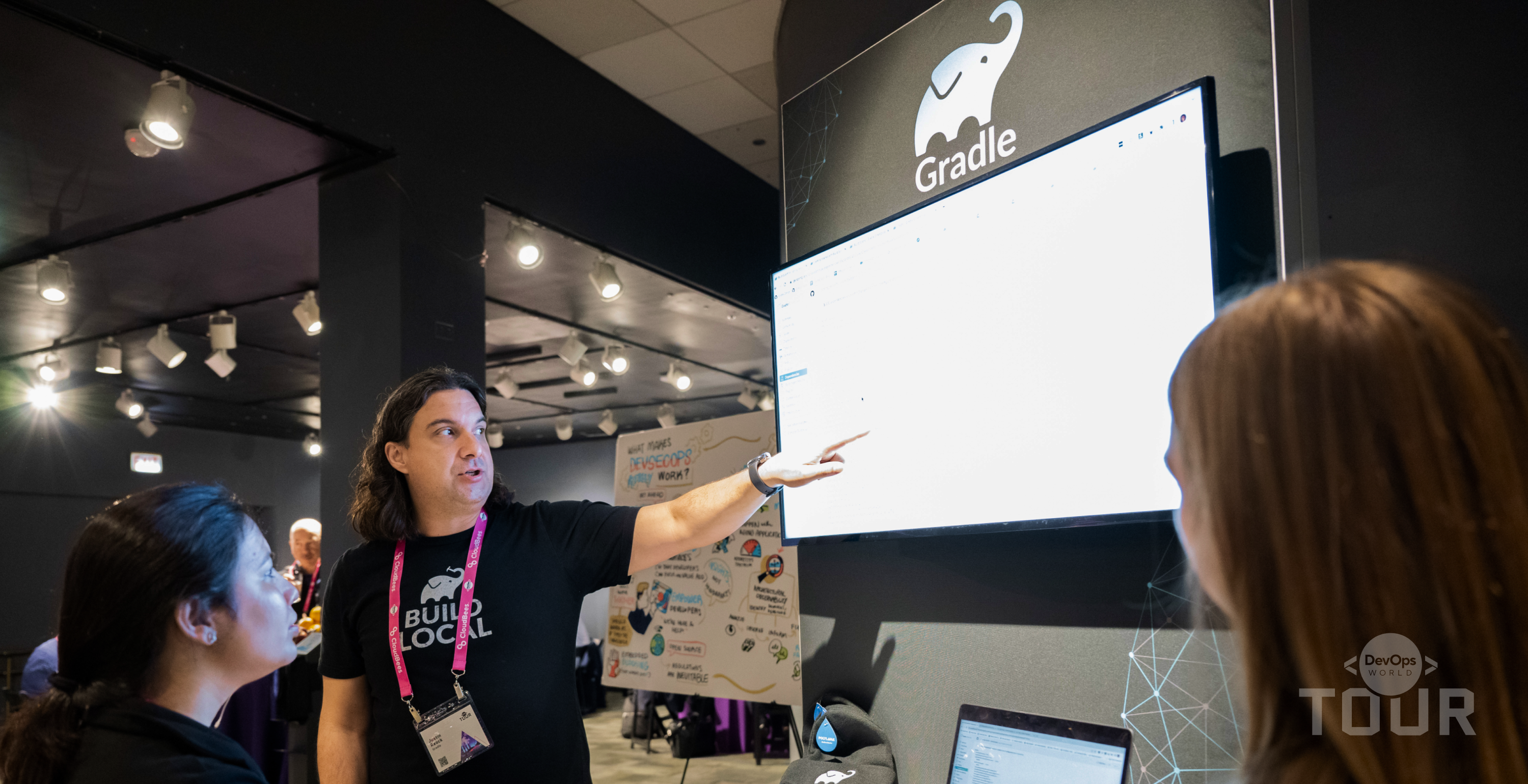
Gradle: CI Quality of Service at Scale with CI Observability

I’ve had a long and winding career, the granular details of which I will not bore you with. Suffice it to say that I programmed, or else managed programmers until the mid 2010s, after which I drifted into other career pursuits.
I spent a good portion of those years working on the JVM, which meant I was intimately familiar with XML and with Maven, as a build tool. But toward the end of those years, I remember a new kid on the block – an upstart, if you will: Gradle

Never a fan of verbose configuration formats, I found Gradle to be quite compelling in comparison to Maven, with its heavy XML configuration. Gradle was simple, elegant, and fast. And then I drifted away from programming and promptly forgot all about the problem of configuring builds for Java codebases.
Years later, I found myself at DevOps World 2023, in Silicon Valley. I was there, of course, to listen to the talks and learn about how companies are handling security and compliance concerns, while also empowering developers and helping them do things faster. Between the talks, however, I found myself wandering around, curious as to what was happening with attendees and sponsors.
Seeing a booth for Gradle piqued my interest. “Really? The open source build tool?” So I wandered over to chat and learn more.

It turns out that there is Gradle, the open source tool, and then there is Gradle Inc, which makes a tool that was, until recently, called Gradle Enterprise, and is now called Develocity. Gradle Inc., like many influential developer tools organizations, has built a commercial product to enhance the value of an already valuable open-source tool.
I inquired about what they were demonstrating and what they’d like for attendees to take away when they stopped by the booth. The answer was both simple and immediate: “speeding up builds and tests and making troubleshooting easier.”
Anyone building on the JVM (and some other languages now, besides) surely knows about Gradle Build Tool, the open-source tool build automation tool. But they might not be aware that they have options beyond that. They also offer a free service for individual developers called a Build Scan®, which essentially is an x-ray of any Gradle, Maven, or Bazel build.
Develocity is not a commercial version of the open-source tool. Rather, it’s a build-tool-agnostic, open platform that offers build and test acceleration technologies, improves failure troubleshooting, and deep analytics on every Gradle, Maven, and Bazel local and CI build. Also, crucially, it layers in privacy and compliance features to enable a more secure and auditable software supply chain, which are table stakes for folks working across any industry, like many of the conference attendees.
So the mission there was relatively straightforward: make enterprise developers and engineering leaders aware of how they can give their teams back time to deliver more software faster.. Or, put another way, letting people know that they could easily have faster and safer builds and tests.
I couldn’t help but feel good about this development that happened during my years away from shipping software. It’s nice to see open-source tools that you like succeed wildly and deliver so much value that an entire tooling ecosystem develops around them.
© 2024 DevOps World or its affiliates. All rights reserved.